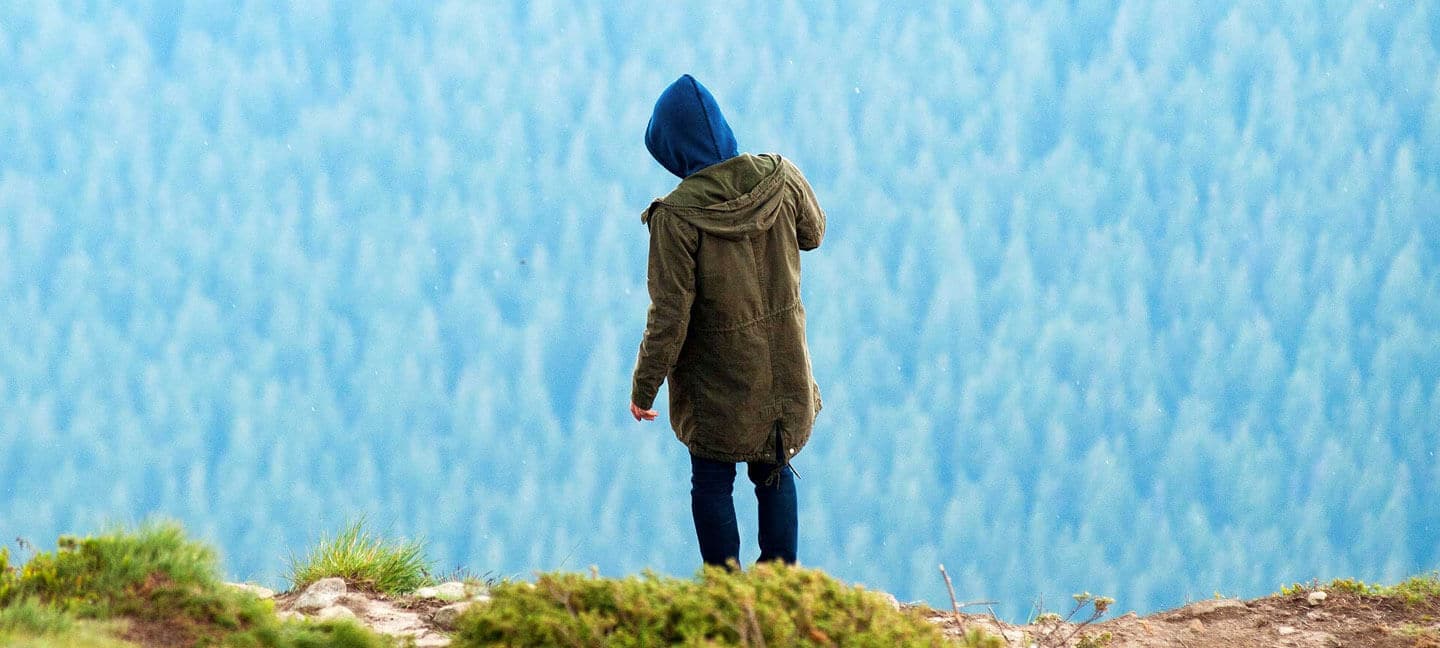
How to help your kid flex their ethical muscle
Opinion + AnalysisRelationships
BY Victoria Whitaker The Ethics Centre 24 JUL 2018
Kids can be cruel. When they are arbitrarily mean to their own friends, ethical reflection can help. Victoria Whitaker talks us through building your child’s ethical muscle in testing times.
My daughter came home to me in tears last night. She shuddered, eyes wet, and a waterfall connected her nose to her mouth as she explained to me that her best friend had decided she didn’t like her anymore and she was no longer allowed to play in their small group of friends.
“Mummy, I am so sad. Who am I going to play with? Why doesn’t she like me?”
It’s cruelty at its peak. Of course, there is no reason. It’s a power play that seems to happen far too early.
“I know”, she said. “Can I invite her over to play? Then she will like me again”.
What do I do? Maybe having her over will help. But who wants friends like that?
I want my daughter to know her worth. I wanted her to consider this dilemma through the different ethical lenses. We talked.
I asked her to think about the consequences of having who she considered her best friend over. Yes, you might reconnect. But she might also find out how to push you around. And is this how you want your friends to treat you? Will you let all your friends do this? These questions relate to consequentialism, a mode of ethical thought that considers outcomes and consequences.
I also asked her what rights she had in this friendship. What things could she expect in friendship? And what duties do we have to our friends – in all friendships, not just this one? These questions relate to deontology, an ethical theory that prioritises our promises, as well as codes and rules over considering outcomes.
I asked her about the types of relationships she wants. Which relationships were most important to her and why? These questions relate to an ethics of care.
I asked her what sort of friend she would like to be. She told me she liked to have fun, to explore and play together, and valued being kind and caring. This question relates to virtue ethics, a type of thinking that values character and the type of person we aspire to be.
I asked her about the purpose of friendship and why it existed. What things were important about friendship to her? These questions relate to teleology, an ethical theory that considers the purpose of things.
And then we discussed in reflection of all these questions, if her friend was actually the friend she wanted. We talked about whether this little girl had the qualities she wanted from friendship. And we talked about her other friends and which ones did have those qualities she wanted. We also discussed what type of friend my daughter wanted to be… what sort of person she wanted to be. You don’t need a degree in ethics to have to have these conversations with your kids. We are all more expert in this stuff than we give ourselves credit for – our children too.
Ethics isn’t just thinking and talking. It requires action. My daughter and I discussed what steps she could take next. She was still keen to be friends, but her view of the friendship had changed. Her view of herself had changed too. And as such the friendship would change – and we discussed how that was okay.
This morning as we packed her bag and got her ready for the walk to school, the world didn’t seem as heavy as it was last night. And she seemed to carry herself just a little bit taller.
Ethics in your inbox.
Get the latest inspiration, intelligence, events & more.
By signing up you agree to our privacy policy
You might be interested in…
Explainer
Relationships
Ethics Explainer: Scepticism
Explainer
Health + Wellbeing, Relationships
Ethics Explainer: Values
Opinion + Analysis
Health + Wellbeing, Relationships
Seven COVID-friendly activities to slow the stress response
Opinion + Analysis
Health + Wellbeing, Relationships




